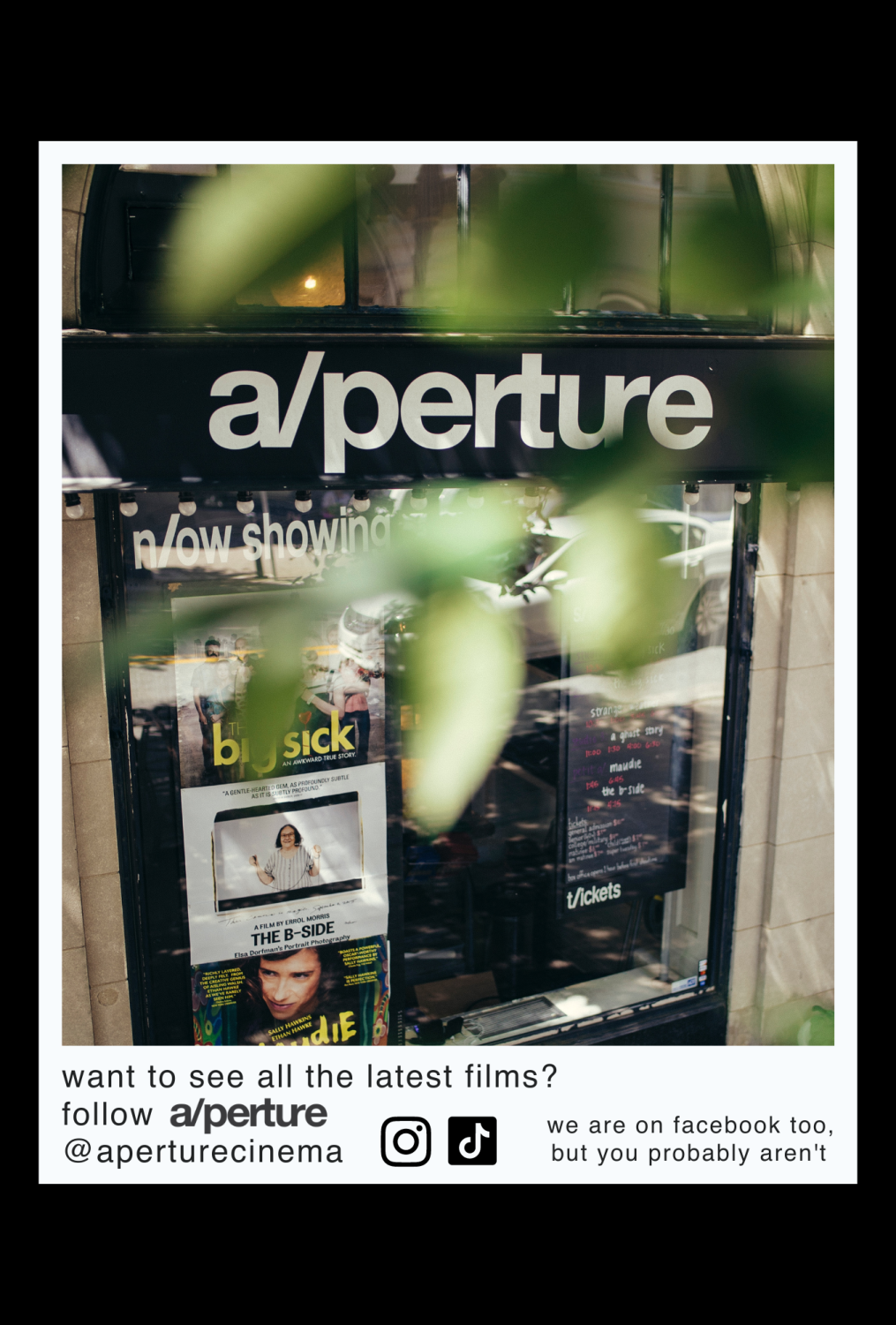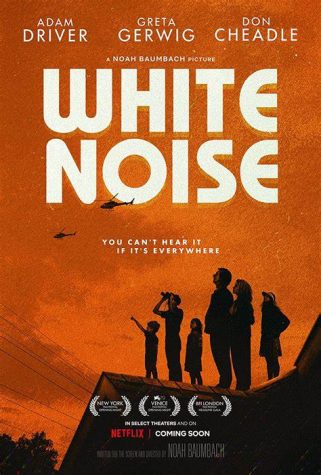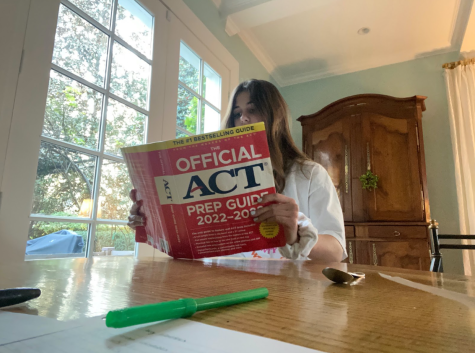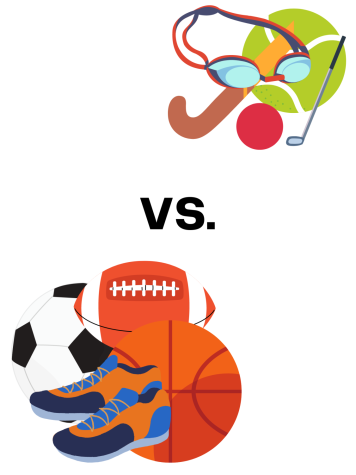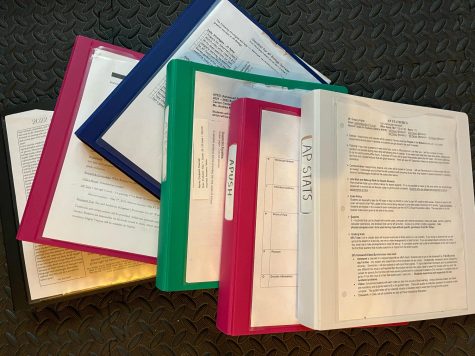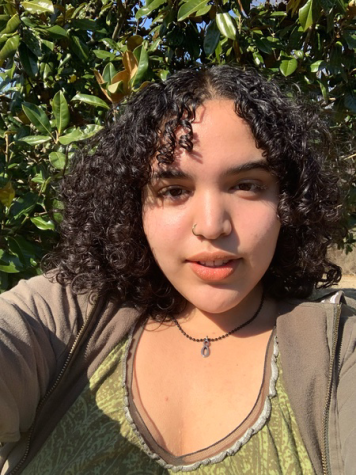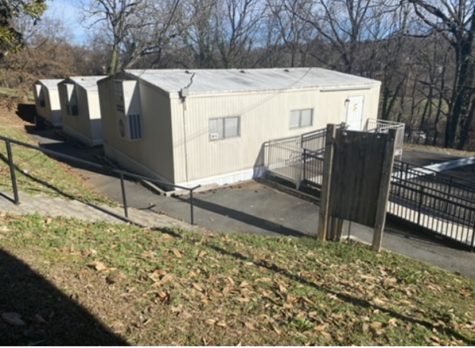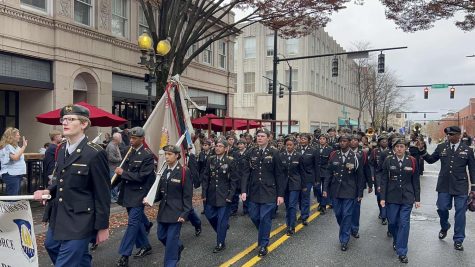A new social norm

September 21, 2020
Emotions, hormones, stress and anxiety are all normal struggles high schoolers experience as maturing teenagers. With the Covid-19 pandemic and virtual school, students now face new social obstacles affecting their peer and academic relationships.
“A lot of the friends that I have made this year have been over social media instead of in person,” junior Jane Fitzgerald said. “Meeting new people, even if it is online, has been a breath of fresh air since my social interactions have been quite limited during quarantine.”
Fitzgerald was really looking forward to her third RJ Reynolds volleyball season as a key player.
“Quite frankly, it’s really sad being off of the court,” Fitzgerald said. “My teammates and my personal growth in the game are super important to me. Not having that has been hard.”
Without sports and other usual school events, new students have had a harder time becoming a real part of the Reynolds community.
“I feel that virtual learning has affected my social interactions greatly, especially since I am new to Reynolds this year,” sophomore Jillian Laureniti said. “I’m very thankful I came in knowing people from my old school. This has made my transition a lot easier because I can meet new people through them.”
Events such as Friday football games are seen as a right-of-passage for high schoolers everywhere.
“The main social event I feel I’m missing out on is football games,” Laureniti said. “This upsets me because I think of football games as a way to have fun and meet new people.”
Students are not the only part of the Reynolds family that are struggling with the abnormal start to the school year. Teachers and other staff members have had to deal with hundreds of emails from students and parents asking for help or reassurance.
“The beginning of the school year always provides anxiety for students, parents, teachers and members of our staff,” Director of Student Services Nicole Beale, said. “When I can actually see kids face to face and work out conflicts or help them with their schedules, I can better reassure them. If I can have them walk by my office and come in my room, it is a lot easier to be of assistance.”
Beale believes that a lot of things will permanently change as a result of this technological start to the school year.
“There are some things that will never go back, they will remain digital,” Beale said. “We have all been forced to up our digital game which is most important.”
Though this virtual school year has had positive impacts on students, eliminating peer distractions as well as physical bullying, there are many students dealing with very serious issues due to the lack of social interaction.
“A lot of teens are experiencing a form of grief due to the restrictions during the pandemic,” local Pediatrician Gretchen Hoyle said. “Loss of newly gained freedoms, milestone events, and frequent social interaction has left a lot of students feeling anxious, sad, and frustrated. If these feelings are intense and long lasting, teens may develop depression or an anxiety disorder.”
Being the parent of a Reynolds graduate while also working in the medical field has allowed Hoyle to gain knowledge on how to properly treat teenagers dealing with emotional changes.
“Your Pediatrician can help by making a diagnosis and developing a treatment plan. Many teens are benefitting from counseling – this can be done online or in person,” Hoyle said. “There are many ways to help struggling teens – but it is important to reach out early if you are experiencing these symptoms.”
As students navigate this school year and all of its obstacles, students will hopefully learn more about themselves, ultimately preparing them for their professional and personal lives as adults.



